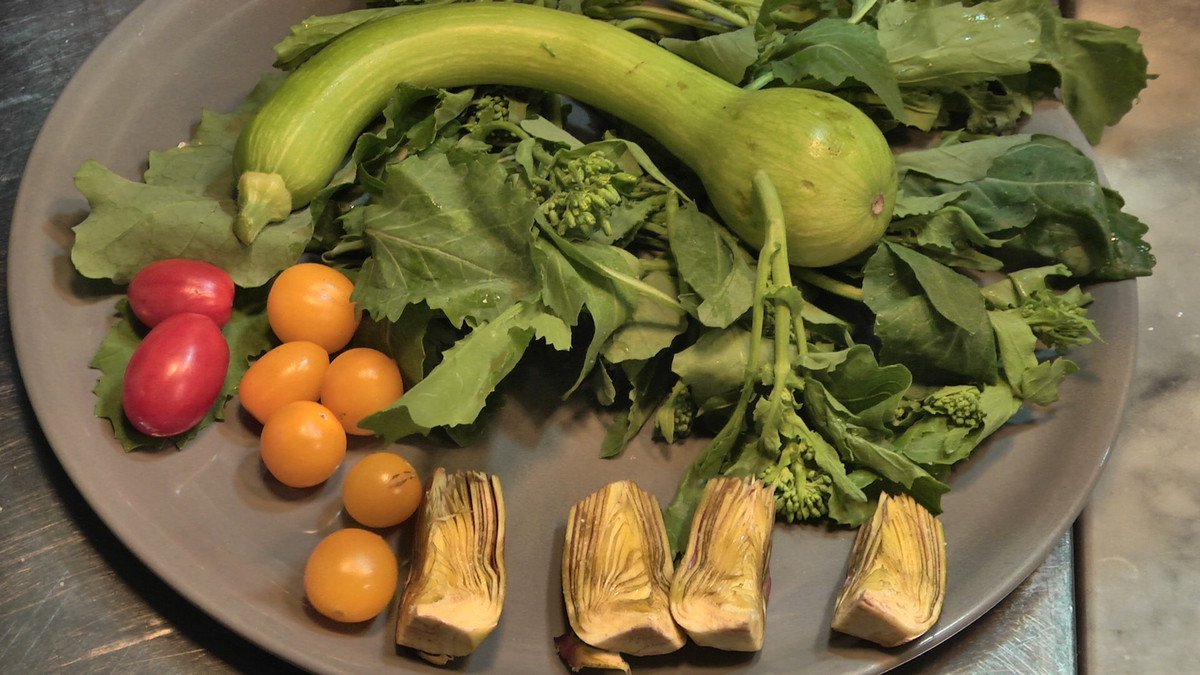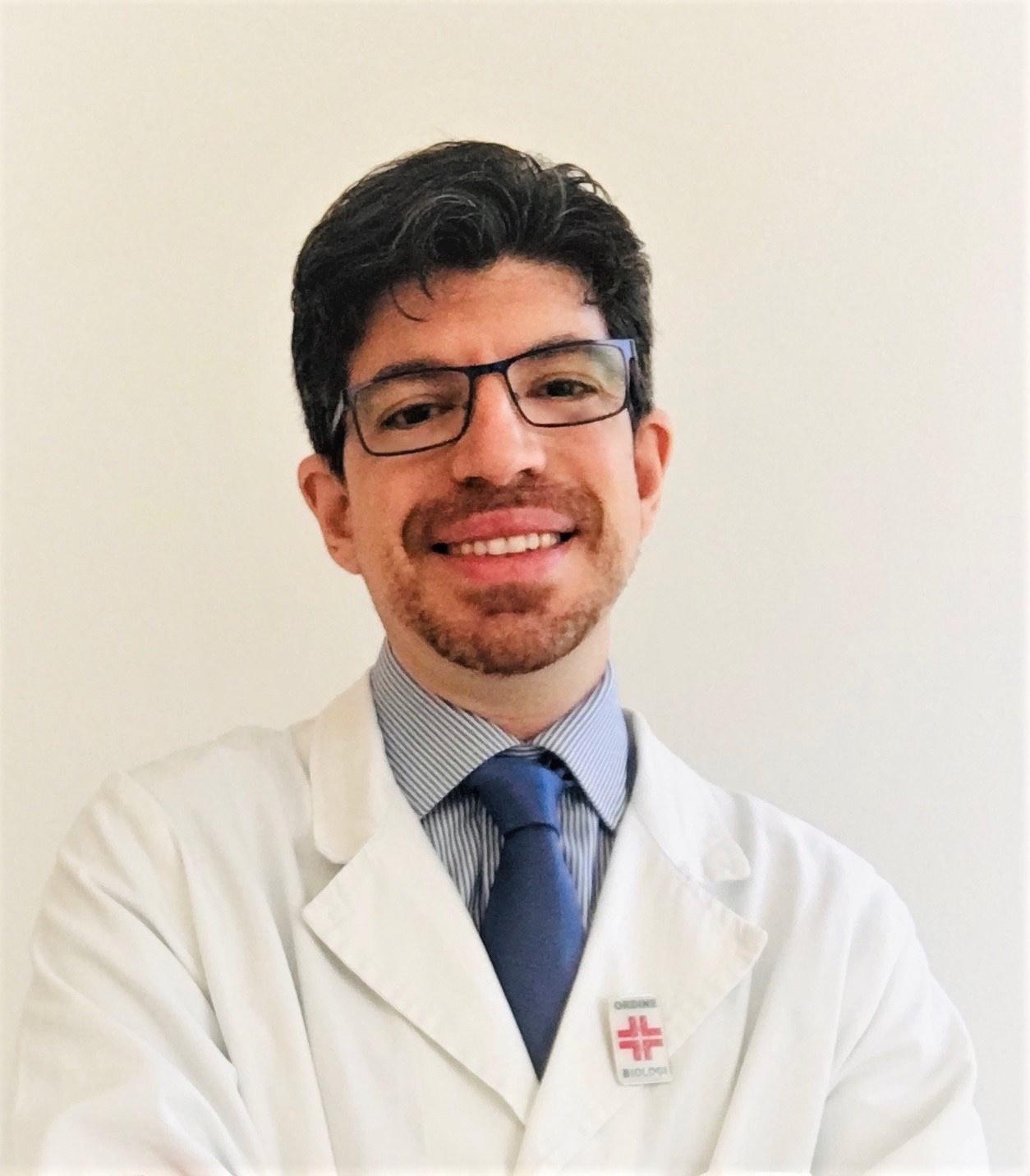During the Christmas holidays, it is a common habit to eat something extra on “celebration” days, which, as per tradition, represent days of excess concentrated in a very short period. However, it is easy that in these two weeks the abundant diet (sweets and fatty foods) is a constant even on days not indicated in the calendar, eventually leading to an increase of a few kilos as well as an alteration of the intestinal flora which can give origin of annoying symptoms such as flatulence, abdominal swelling, colic, intestinal irregularities.
The bacteria that colonize our large intestine have a symbiotic relationship with our body: with food we provide them with what is necessary to live and they, in exchange, perform some useful functions for humans. In particular, they have two main functions: a trophic one, ie nourishment for the cells of the intestine, producing volatile fatty acids (butyric, propionic and acetic); the second is a protective function, making it difficult for pathogenic microorganisms to adhere to the intestinal wall. Moreover the “good” bacteria that live in our intestines are responsible for the production of vitamin K and vitamin B12, they promote digestive processes, produce some amino acids and help us prevent allergies, colitis, diarrhea and constipation.
Particularly, a diet rich in refined products (00 flour above all), sugar, vegetable oils, omega 6 (seed oil, sunflower, peanut, soy, etc.) and prepackaged baked goods, it can alter our microbiota promoting the proliferation of pathogens. The excess of proteins and fats also stimulates the proliferation of these “bad” bacteria as well as promoting the production of inflammatory molecules in the intestine. Therefore, this diet, combined with the excessive consumption of alcohol, as is customary in this period of the year, can generate an imbalance called dysbiosis where pathogenic bacteria grow more favorably than the ‘good’ ones that normally inhabit our intestines.
The effects of dysbiosis they are very heavy and annoying: they usually manifest themselves through swelling and abdominal pain, mucus in the stool, diarrhea or constipation. Fortunately, the balance of the intestinal flora is restored quickly enough when the cause that led to the alteration disappears.

To quickly restore balance, the diet must be based on “prebiotic” foods, these are carbohydrates that are not directly digestible (more specifically, they are oligosaccharides) which promote the growth and activity of the species of bacteria (Bifidobacterium e Lactobacillus spp.important for our body.
It is advisable to consume wholemeal and natural products such as oats, leeks, chicory, artichokes, cauliflower and broccoli and it is also necessary to increase the quantities of vegetables, especially green leafy ones (preferably cooked to aid digestion) and legumes. Obviously you need to avoid refined and prepackaged products that contain white flour, white sugar, vegetable oils and margarines (biscuits, crackers, cakes, snacks, chips, pretzels, candies, fizzy drinks, etc.).
The consumption of fermented foods (Greek yogurt, kefir, lacto-fermented foods) also contributes to the good restoration of the intestinal flora by naturally introducing beneficial bacteria (Lactobacillus spp.) which allow the positive colonization of our intestines, bringing the microbiota back into balance, i.e. to a state of eubiosis.
Therefore, during the Christmas period, to avoid disorders and keep the intestine healthy, it is good to follow a correct diet and maintain a healthy lifestyle between one day of celebration and the next to live this period in serenity even with our microbiota.

Dott Emanuele Rondina – Biologist Nutritionist scientific popularizer and consultant for correct and balanced nutrition
